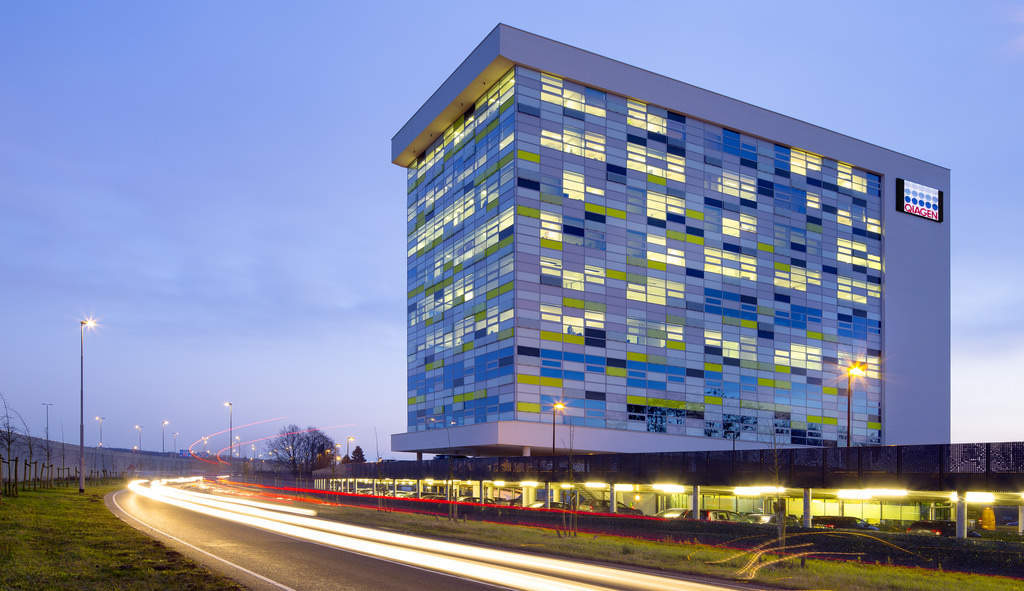
The therascreen EGFR RGQ PCR kit can now be used as a companion diagnostic to guide the use of three FDA-approved therapies, including also GILOTRIF (Afatinib) from Boehringer Ingelheim and Iressa (Gefitinib) from AstraZeneca.
It is registered in more than 40 countries globally. This was a project governed under an agreement between QIAGEN and Pfizer.
Qiagen oncology and precision diagnostics head vice president Jonathan Arnold said: “As precision medicine becomes the standard of care in oncology, we are pleased to provide benefits to more lung cancer patients with our clinically proven therascreen EGFR RGQ PCR Kit.
“Our collaboration with Pfizer has made great strides already and will continue to improve personalized healthcare for patients around the world.”
The therascreen EGFR kit can offer laboratories a better workflow on the Rotor-Gene Q MDx, the real-time PCR module in the QIAsymphony family of instruments.
Pfizer global product development oncology chief development officer Mace Rothenberg said: “VIZIMPRO is an important new treatment option for first-line therapy for patients with EGFR-mutated non-small cell lung cancer exon 19 deletion or exon 21 L858R substitution mutations.”
Rothenberg stated that Pfizer and Qiagen have been long-term partners in the co-development of companion diagnostics for precision medicines in oncology and this is the result of the collaboration.
The FDA’s expanded approval for the therascreen EGFR kit will enable physicians to identify patients who can benefit from the medicine.
Qiagen is a Netherlands-based company that develops companion diagnostics which can detect genetic abnormalities to provide insights that guide clinical decision-making on the use of drugs in diseases such as cancer.
Its solutions offer insights that allow in gaining insights on molecules from samples contained in the building blocks of life. The technologies can isolate and process DNA, RNA and proteins from blood, tissue and other materials.



